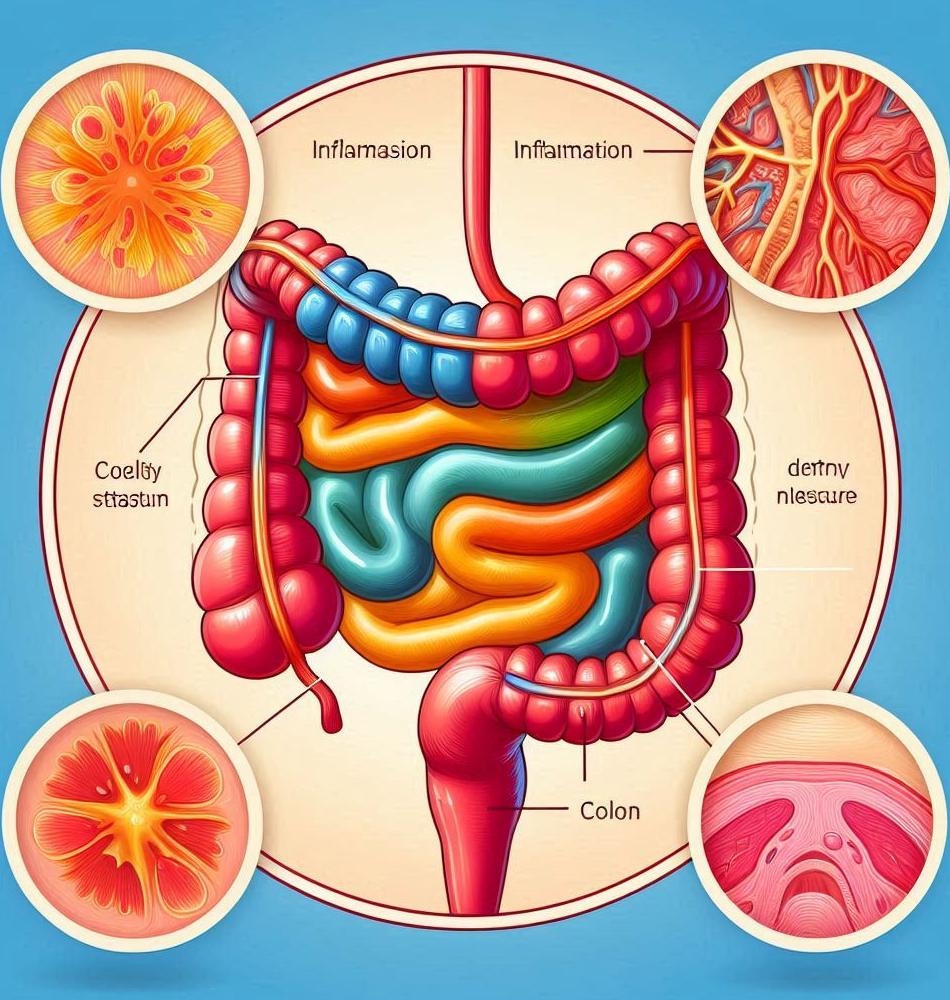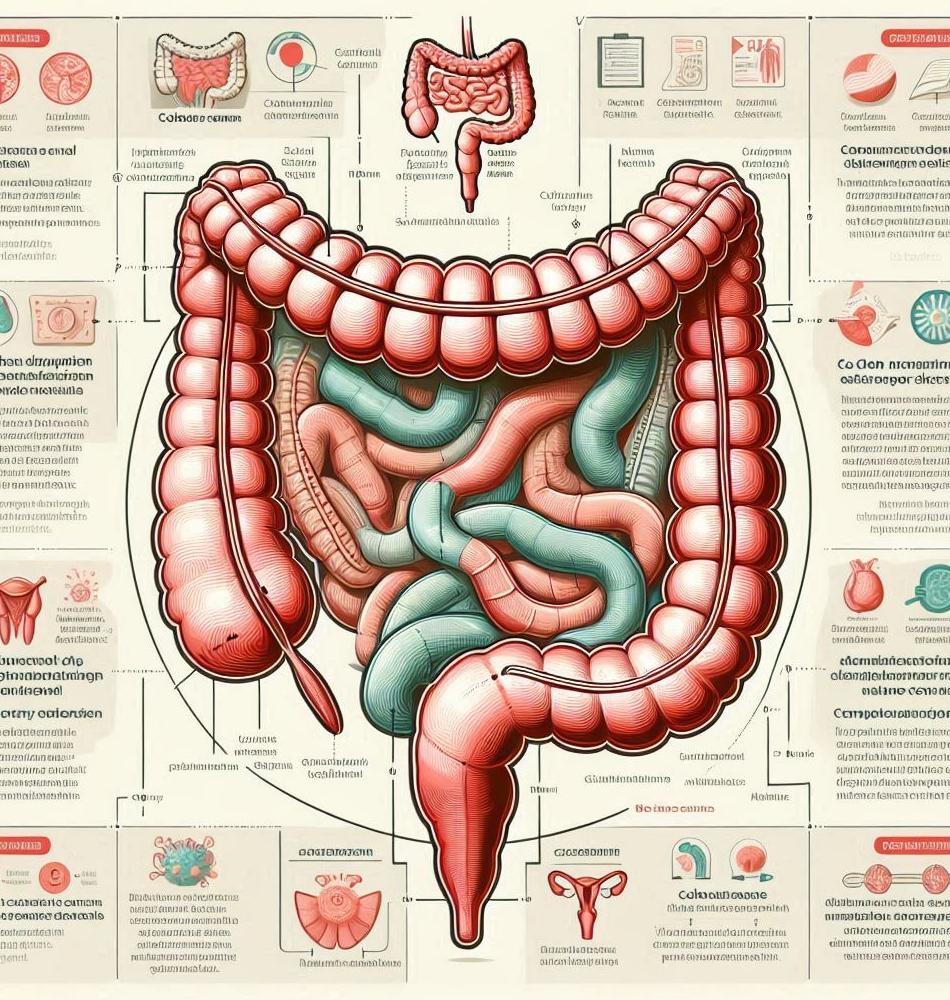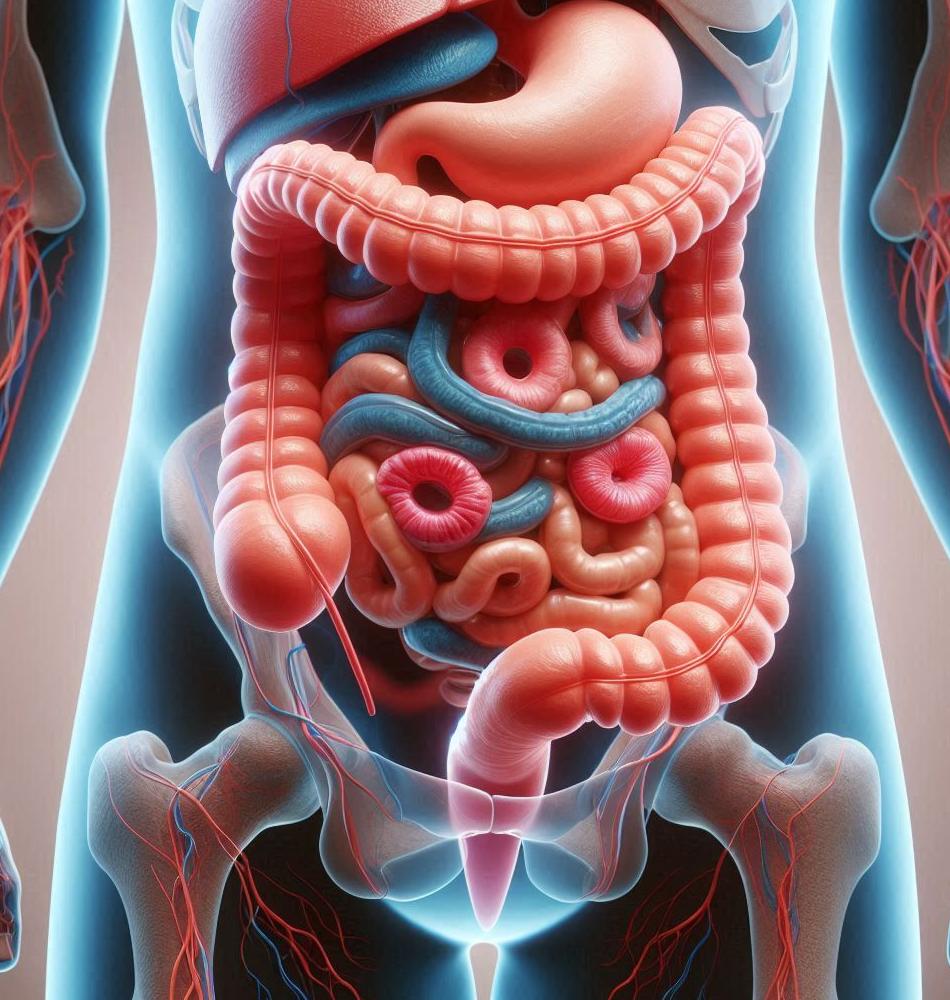Understanding Colitis: An In-Depth Exploration 🩺
Colitis, a term that encompasses a range of inflammatory conditions of the colon, needs more attention than it often receives. As many of us may not truly understand colitis beyond its surface definition, diving deeper into this complex condition can enhance our knowledge and empathy. This article will shed light on what colitis is, its various forms, and how it can affect people’s lives.
What is Colitis? 🌍
Colitis refers primarily to inflammation of the lining of the colon, which can lead to various symptoms, including abdominal pain and altered bowel habits. This condition can be acute, arising suddenly, or chronic, representing a long-term issue. Understanding the underlying mechanisms is crucial to grasping how it impacts individuals.
Types of Colitis 🧬
Colitis isn't a one-size-fits-all term, as it encompasses various types, each with distinct characteristics and causes. Here are some of the most widely recognized forms:
Ulcerative Colitis 🚑
This is a chronic condition characterized by inflammation and ulcers in the colon. It typically manifests in episodes of flare-ups followed by periods of remission.
Crohn's Disease 🌿
Often confused with ulcerative colitis, Crohn's can affect any segment of the gastrointestinal tract and is known for creating deep, transmural ulcers.
Infectious Colitis 🦠
This type is caused by infection due to bacteria, viruses, or parasites. Common culprits include Salmonella and Campylobacter.
Ischemic Colitis 💔
Here, the blood flow to the colon is reduced, often due to narrowed or blocked blood vessels, leading to tissue injury.
Microscopic Colitis 🔬
This encompasses two types: collagenous and lymphocytic colitis, both of which are characterized by inflammation seen only under a microscope.
Symptoms and Challenges of Colitis ⚠️
The symptoms of colitis may vary depending on the type and severity, but common signs include:
General Symptoms 🩸
- A persistent urge to defecate
- Chronic diarrhea
- Abdominal pain and cramping
- Rectal bleeding or blood in stool
- Weight loss and fatigue
- Fever and dehydration, especially in severe cases
Life with Colitis ⚖️
Living with colitis can introduce significant challenges. Factors like dietary restrictions, frequent doctor visits, and managing flare-ups can take a toll on daily life. It often requires individuals to reevaluate their lifestyles and prioritize self-care.
Causes of Colitis: What You Need to Know 🔍
While the exact cause of colitis can differ widely among its types, several common factors have been identified:
- Genetics: Family history can increase susceptibility to inflammatory bowel diseases like colitis.
- Immune System: An autoimmune response may trigger inflammation in the colon.
- Infections: Pathogens can lead to infectious colitis that usually resolves with treatment.
- Blood Flow: Conditions affecting circulation can contribute to ischemic colitis.
Diagnosis of Colitis 🩻
Diagnosing colitis involves a combination of patient history assessment and several diagnostic tests:
Common Diagnostic Tests 🧪
- Colonoscopy: A crucial tool for examining the colon and obtaining biopsies.
- Imaging Tests: X-rays and CT scans can reveal complications in severe cases.
- Stool Tests: These can help identify blood or pathogens.
- Blood Tests: To check for inflammation and anemia.
Importance of Early Diagnosis 🔬
Early diagnosis is essential to prevent damage to the colon and mitigate complications, which may lead to more serious health issues.
Treatment Options for Colitis 💊
The management of colitis often involves a multifaceted approach tailored to each individual's needs:
Medications 🚑
Medications play a vital role in alleviating symptoms, decreasing inflammation, and maintaining remission:
- Anti-inflammatory drugs
- Immunosuppressants
- Biologic therapies
- Antibiotics for infectious colitis
Diet and Lifestyle Changes 🍏
Adjusting diet can significantly impact colitis management. Recommendations may include:
- Avoiding trigger foods that provoke symptoms
- Incorporating a balanced, nutritious diet with sufficient fiber
- Staying hydrated and avoiding excessive caffeine and alcohol
Surgery 🏥
In severe cases, surgery to remove the affected segments of the colon may be necessary. It can lead to many people achieving a better quality of life post-operation.
Living with Colitis: Tips and Strategies 🌱
Newly diagnosed individuals often seek advice on managing their condition effectively. Here are some practical strategies:
Monitor Your Symptoms 📝
Keeping a symptom diary can help track triggers and communicate effectively with your healthcare provider.
Seek Support 🤝
Joining support groups can help you connect with others who understand what you are going through, providing emotional and practical support.
Prioritize Self-Care 🧘♀️
Take time for relaxation and stress-reducing activities, such as yoga or meditation, which can help manage symptoms.
Frequently Asked Questions About Colitis ❓
- What are the early signs of colitis?
- Can lifestyle changes improve colitis symptoms?
- Is colitis a hereditary condition?
- How can I manage flare-ups effectively?
Conclusion: Understanding and Managing Colitis 🌈
Colitis can seem overwhelming, but understanding its nature, symptoms, and treatment options instills hope and empowers those affected. Through a combination of medical management, lifestyle adjustments, and support, many individuals can lead fulfilling lives while living with colitis. It is crucial to raise awareness and provide support for research and educational initiatives to improve the lives of those affected by this challenging condition.
.png)





